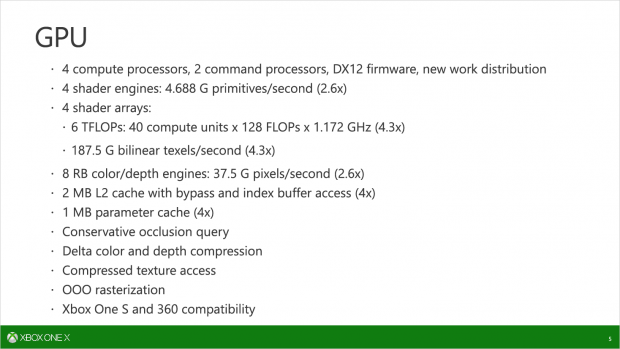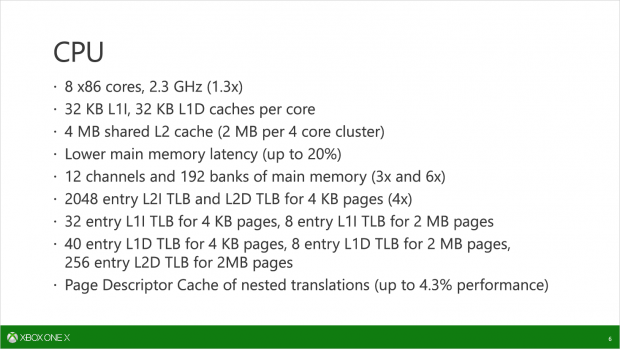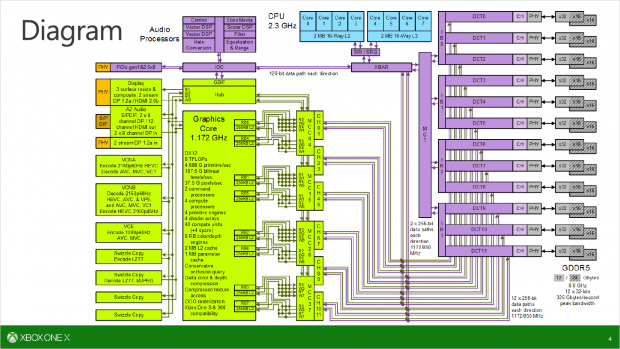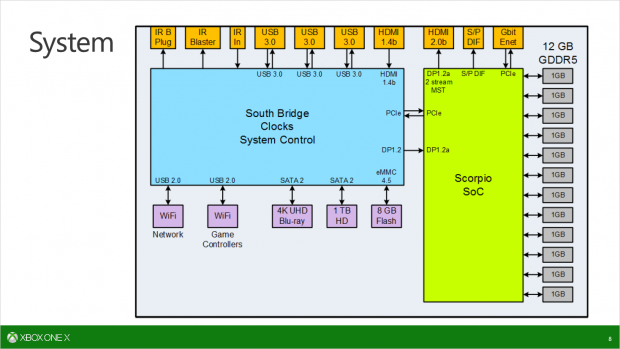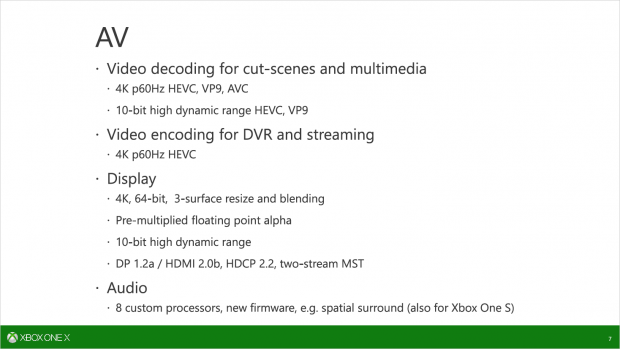I hear you, I want the conventional model too but that's not where they are headed it seems.But they're not getting their money from GaaS. They have a few million customers, many of which are paying a dollar, some of which are paying $5 and the rest that are paying $9, which means (assuming everyone bought equally which I doubt) that they are averaging $5 a customer. Let's say they have a hundred games up on the service. They bring in $10,000,000 a month, divide that by a hundred, you're left with a hundred grand to each company. That leaves no scratch for Microsoft's pocket, upkeep and maintenance, infrastructure and hardware, staff, and so on. Further, they have to bake in all the lost profit to both the developers and Microsoft themselves when games appear on the service and physical sales at $60 are lost as a result.
They need hardware, because hardware sold means that customer is going to buy software. GaaS customers can jump in and out of the pool with no investment on their part at all; the relationship is non-existent. You can sign up for a month, play the shit out of the new game that just came out and then cancel. In that case, Microsoft is -$55 compared to the conventional model, and I expect this is what most people will do.
It's more change just for the sake of change, because they got their asses reamed out for making bad decisions and launching with too high a pricetag (twice) this generation. Instead of introspection about what they could've have done differently or better, they've concluded the industry is broken, despite proof that it clearly isn't.
They get xbox live money per customer too, not just game pass. After that xCloud. The reason that this model was adopted is because their games struggled to sell enough even on the Xbox one install base. The numbers didn't add up for the games they were cancelling. Their games being next gen only would be a bad investment for them. Their game plan changed and it is to create a subscription service, focus mostly on online games, get xbox live money, offer the games on an additional subscription so that risk of the online game failing on player numbers is mitigated. Make it hard to unsubscribe because you would be too lazy (especially as they prevent you from doing it on the console) and create a steady stream of first party games that might not be that great but you will be curious enough about to remain subscribed for $120 a year.
MS xbox has increased their revenue despite the fact that actual console sales dropped 33%, the worst out of all of them. There are hardly any xbox One X users out there, likely lower than 4 million but it's not important to their subs, it brings in the positive PR for them and they likely made a small profit selling it at $500. They will try and market next gen as 'premium' or 'Elite' and charge a pretty penny I'd imagine.





